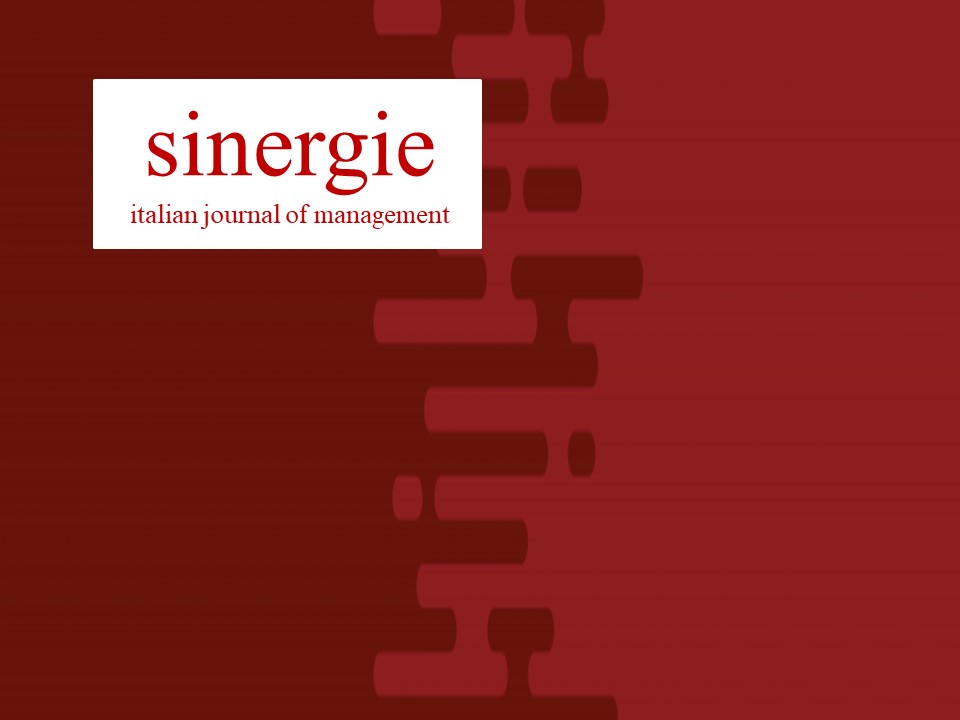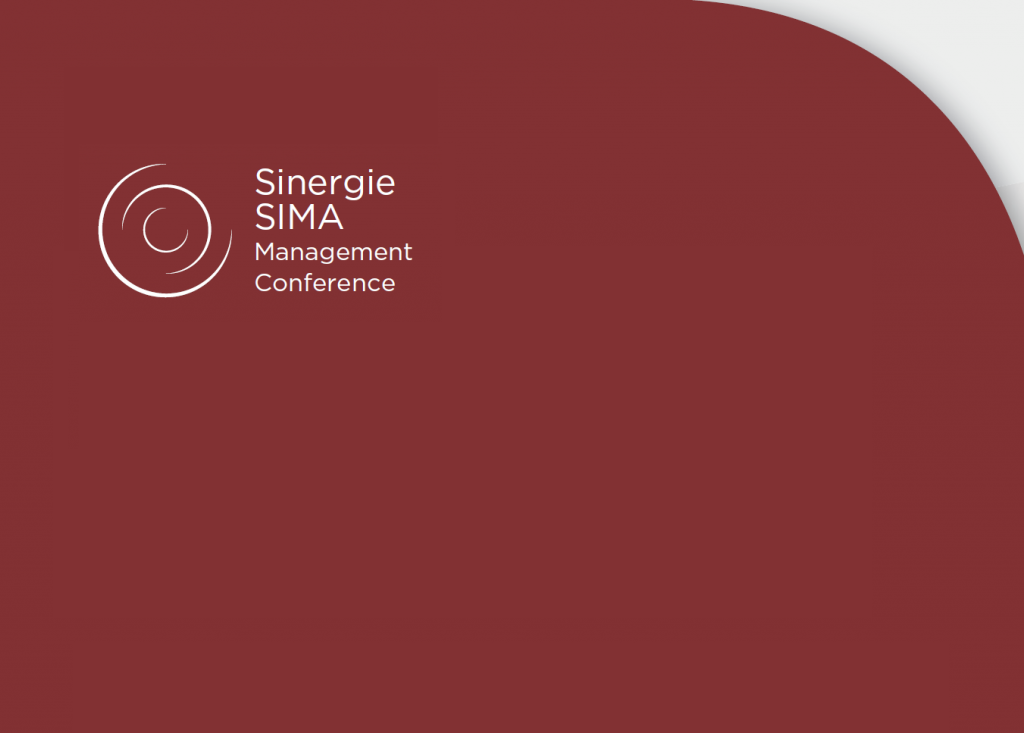New modalities for enhancing cultural heritage experience. The enabling role of digital technologies
Purpose of the paper: Starting from an overview of current trends, the aim of the present study is to identify models of cultural heritage enhancement in terms of consumer enjoyment from a new temporal and cognitive perspective.
Methodology: The paper starts with a theoretical-conceptual analysis inherent to the main evolutionary stages of cultural heritage enhancement. It follows with the reporting of findings based on the Scenario Based Design (SBD) method relative to industrial research and experimental development in the context of the FIBAC project.
Findings: The research evidences the empirical nature of the theoretical analysis carried out, identifying key elements relative to the visitor’s experiential dimension and highlighting innovative modalities of cultural experience.
Research limits: The focus of the research addresses empirical evidence resulting from a specific scenario, however to enable the generalization of the findings in terms of validity and reliability, a more widespread analysis would be necessary.
Practical implications: The logic underlying the experimental element of the project envisages the full involvement and participation of the visitors and represents a stimulus for exalting the managerial potential of cultural institutions (in particular museums) from the perspective of service management.
Originality of the paper: This lies in the resorting to SBD methodology, relative to the development of customized technologies in the specific context of the cultural heritage experience, above all from an interdisciplinary point of view. Furthermore, given the state of the art, the study represents the first concrete experience carried out within the museum context.


